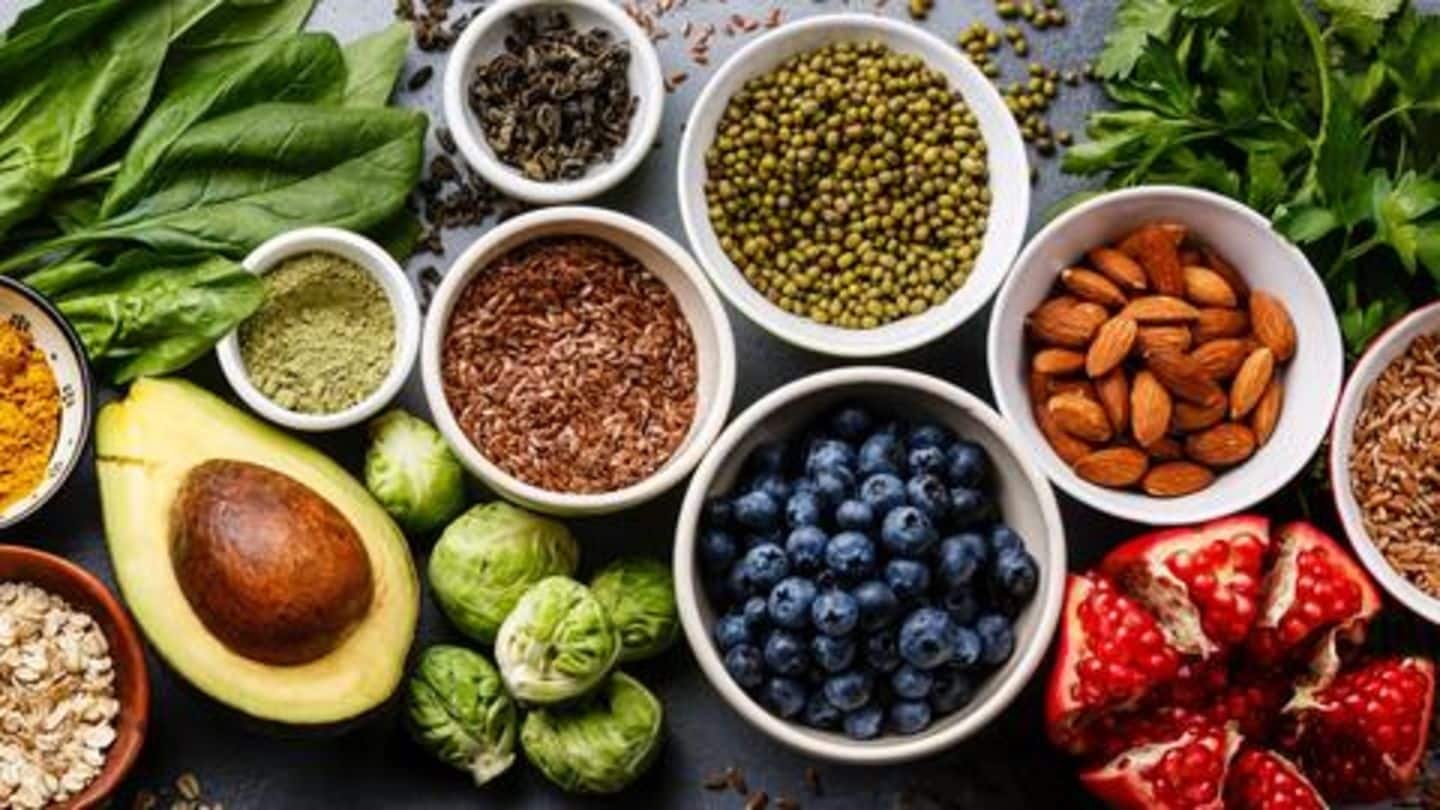
All you need to know about antioxidants
What's the story
We all have heard about antioxidants. But do you know why are they so important? Well, technically speaking, we need antioxidants to keep oxidative stress in check, which happens due to an imbalance between free radicals and antioxidants in our bodies. Antioxidants are molecules that stabilize the free radicals and make them less reactive. Here's all you need to know about them.
Types
What are the types of antioxidants?
There are three primary forms of antioxidants found in nature. Antioxidant enzymes: These antioxidants come from the protein and minerals that we eat as part of our regular diet. Antioxidant vitamins: These include Vitamin A, C, and E; folic acid and beta-carotene. Antioxidant phytochemicals: Phytochemicals can be further divided into the following categories: Carotenoids, flavonoids, Allyl sulfides, and polyphenols.
Benefits
The health benefits of antioxidants
Antioxidants can help prevent cell damage caused by oxidative stress. Notably, activities that trigger oxidative stress include smoking, mitochondrial activities, tissue trauma, inflammation, radiation, environmental pollution, consumption of refined or processed foods, etc. Antioxidant supplements may also prevent vision loss due to age-related macular degeneration in older people. Further, antioxidants can reduce risk of major diseases like cancer, atherosclerosis, and other severe complications.
Sources
The different dietary sources of antioxidants
The main food sources of antioxidants are fruits and vegetables. Some of the best dietary sources are dairy products, eggs, citrus fruits, sunflower oil, and leafy vegetables. Other good sources of antioxidants are mangoes, spinach, tomatoes, papaya, oranges, watermelon, rice, corn, wheat, other whole grains, dark chocolate, green and black tea, goji berries, pomegranates, et al.
Details
Some adverse effects you should be aware of
If the levels of antioxidants rise more than the required amount in the body, then one may experience some serious side effects. Some common side effects include diarrhea, joint pain and dizziness. However, most side effects due to excess antioxidants are temporary which tend to subside as the levels are stabilized by the process of excretion.